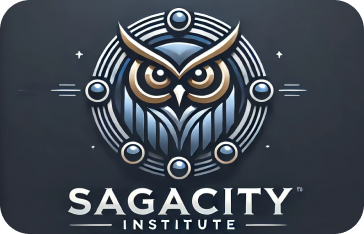Let the Good Times Roll – All of Them

Laissez les bon temps rouler. Even the words sound joyful in French.
Or in English, let the good times roll.
That is the catchphrase for Mardi Gras’ joyous, raucous climax to celebrations that started in January and end tomorrow on Ash Wednesday, the beginning of Lent, and 40 days of sacrifice for Christians in preparation for Easter Sunday.
In ancient times, sacrifice took the form of a ritual slaughtering any animal – and sometimes a human – to a deity.
Nowadays, sacrifice is less grisly. It is defined as giving up something highly valued to attain something even more valuable.
So how does this relate to “letting the good times roll?”
Sacrifice is a choice and an opportunity to trade something of pleasure today in exchange for something deemed much more valuable in the future.
In this context, sacrifice should be joyful because of what we expect to attain.
This is the concept behind saving money for retirement, working hard at your job, planting your garden, and any number of similarly valued activities. Work hard now and reap far greater benefits later.
Good students work hard in school, on their assignments, and in extracurricular and volunteer activities. They have family responsibilities and some work at part-time jobs.
All of those activities contain some measure of sacrifice. This extends to their preparation for college.
Many elect more difficult honors that can help increase their grade point average (GPA) or take test preparation courses in hopes of scoring better on standardized tests.
But is that enough?
High GPAs, top test scores, and extracurricular activities are very important components of a student’s application to college, but they are not enough by themselves. Admission to top universities is very competitive. Students need to stand out from the crowd. They need to show they will add great value to the incoming class and to offer a glimpse of who they may become one day.
Is that asking a lot? Yes, it is, but it is literally the price of admission.
This means more work. Hard work results in sweat equity – a form of sacrifice. And as newspaper columnist Ann Landers said, “Nobody ever drowned in their own sweat.”
Sacrifice, but purposeful sacrifice. The time spent is worth the effort.
Joyful sacrifice.
Traditional education – even at the best private schools — prepares students for the present by focusing on the past. This is not meant to marginalize the value of foundational skills or the dedicated work of classroom teachers, but that model will not suffice today or in the future.
That is why learning other skills that will prepare high school and gap year students to become tomorrow’s future leaders is so important.
High school and gap year students who learn storytelling, artificial intelligence, data literacy, design thinking, empathy, cultural intelligence, cybersecurity, and other Future Skills will set them apart when they apply for college, in their college studies, and – most importantly – when they chart their paths to become future leaders.
Is this an easy path? No, it is not.
U.S. Navy Seals say, “The only easy day was yesterday.” You have to work harder than yesterday to get better. But when you do, yesterday seems easy.
If you want to be the best of the best, emulating the work ethic of Navy Seals is a great place to start.
Let the good times roll by studying Future Skills at the Sagacity Institute.
